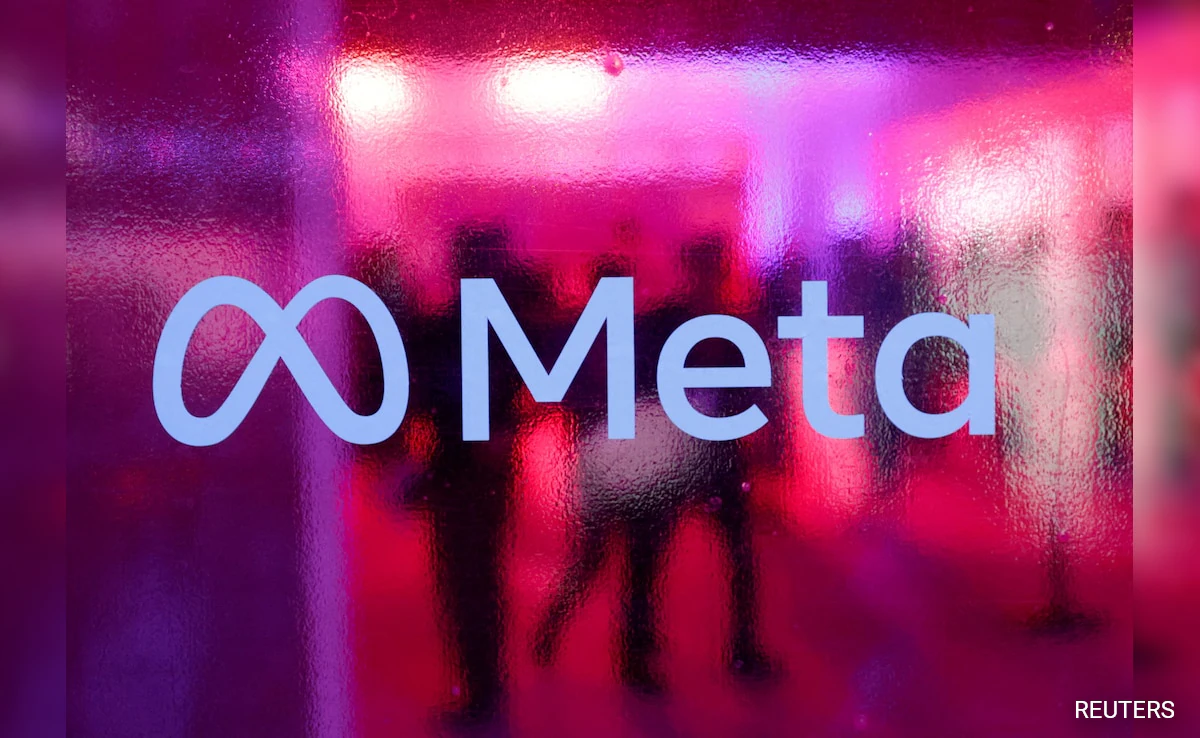U.S. prosecutors in Virginia are investigating whether Meta, the parent company of Facebook, played a role in facilitating and profiting from the illegal sale of drugs through its social media platforms, as reported by the Wall Street Journal on Saturday. According to documents and individuals familiar with the situation, subpoenas were issued last year, and inquiries have been made as part of a criminal grand jury investigation. Authorities have been seeking records related to drug-related content and the illicit sale of drugs on Meta’s platforms.
The investigation has also involved the Food and Drug Administration (FDA), which has been assisting in gathering information. However, it’s important to note that investigations like these do not always result in charges being filed against the company.
In response to the allegations, a spokesperson for Meta emphasized that the sale of illicit drugs goes against the company’s policies, and they actively work to identify and remove such content from their services. Additionally, Meta claims to cooperate proactively with law enforcement agencies to combat the sale and distribution of illegal drugs.
Both the prosecutors’ office and a spokesperson for the FDA declined to provide comments to the Wall Street Journal. Similarly, Meta, the FDA, and the Virginia Attorney General’s office did not immediately respond to requests for comment from Reuters.
In a separate statement, Nick Clegg, Meta’s president of global affairs, announced on the social media platform X that the company had partnered with the U.S. State Department, the United Nations Office on Drugs and Crime, and Snapchat to disrupt the online sale of synthetic drugs and educate users about the associated risks.
The investigation into Meta’s potential involvement in illegal drug sales underscores the challenges faced by social media platforms in policing their content. With billions of users and vast amounts of content being uploaded daily, these platforms often struggle to detect and remove illicit activities promptly.
Social media companies have implemented various measures to address these issues, including artificial intelligence algorithms to flag suspicious content, dedicated teams to review reported content, and collaborations with law enforcement agencies. Despite these efforts, illegal activities, such as drug sales, continue to persist on these platforms, prompting ongoing scrutiny from regulators and law enforcement authorities.
Meta’s cooperation with law enforcement and regulatory agencies demonstrates its commitment to combating illegal activities on its platforms. However, the outcome of the investigation remains uncertain, and Meta may face potential legal consequences depending on the findings.
In the meantime, the company continues to invest in initiatives aimed at promoting safety and security on its platforms, including efforts to combat drug trafficking and educate users about the risks associated with such activities. As the investigation unfolds, Meta will likely face increased pressure to enhance its content moderation practices and strengthen its partnerships with law enforcement agencies to address these ongoing challenges.





